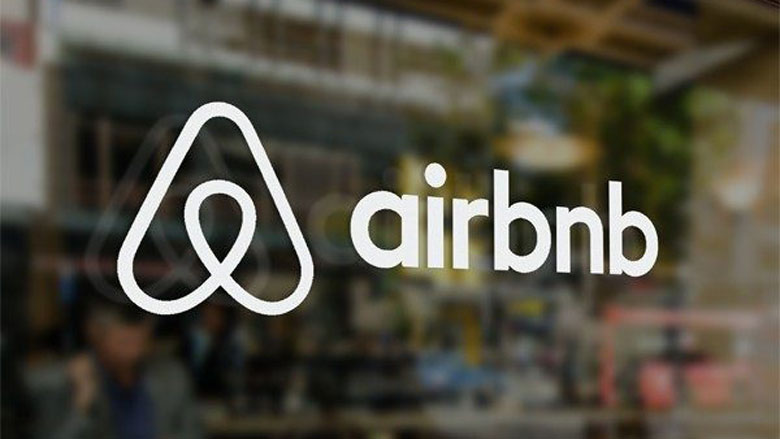Mass. lawmakers shift gaze from Uber to Airbnb
By Daniel Huizinga | July 19, 2016, 15:12 EDT
 (Photo via Opportunity Lives)
(Photo via Opportunity Lives) It looks like Uber may come out on top in a recent regulatory fight with Massachusetts. But Bay State lawmakers appear undeterred in their quest to strangle the innovation economy. Their next target? Airbnb.
Many cities are already taxing Airbnb as hospitality businesses, forcing homeowners that rent out empty rooms to collect an additional percentage for state and local tourism taxes. With a potential revenue source of tens of millions of dollars to state and local governments, it’s not surprising that politicians are jumping all over it.
But the Airbnb debate has a few quirks. Unlike taxi companies, which consistently support stringent regulations on Uber because they think it will protect their business and drive out competition (as in Austin, Texas), the major hotel chains are now second-guessing their approach at pressuring legislators to levy hotel taxes on Airbnb.
At first, major hotel companies were pushing for additional regulations. They wanted Airbnb owners to collect the additional taxes and presumed that doing so would make the company much less competitive. Recently, however, Airbnb has realized the benefits of working with elected officials. Being regulated like a hotel suddenly gives the startup legitimacy, and state politicians will be more hesitant to get in Airbnb’s way if the company is bringing in millions in tax revenue.
In San Francisco alone, new hotel taxes from Airbnb could bring in $11 million annually.
As a result, Airbnb has started to openly embrace some regulations, recognizing the benefits that come with political protection.
“We want cities to regulate Airbnb and make it easier for regular people to share their home, pay their bills and contribute to their community,” said Christopher Nulty, an Airbnb spokesman, in a statement to the Boston Globe last August. “We’ve been working with cities across the country and around the globe to help our community pay hotel and tourist taxes.”
As Airbnb warmed to the idea of additional regulations and governmental support, the entrenched hotel industries suddenly made an about-face. According to Alison Griswold at Slate: “After spending the better part of 2013 and early 2014 haranguing Airbnb for not collecting hotel taxes, New York’s hotel association abruptly changed its tune and decided it would oppose any effort by the platform to do so.”
Still, in many cities, short-term rentals of less than 30 days are technically illegal. Airbnb is hoping that building a history of tax revenue would give them greater political support to legitimize the company fully.
But a politician’s promises don’t last very long. Even after reaching a landmark agreement with San Francisco on hotel taxes, Airbnb is now suing the city after the city’s board of supervisors unanimously voted to make every host on Airbnb register with the city or fine the company $1,000 for each host.
One supervisor slammed Airbnb for being a “multibillion-dollar corporation” — which is true, as the company’s valuation has skyrocketed. (For perspective, Airbnb has around $1 billion in annual revenue but is valued at about $25 billion. Marriott, by contrast, had more than $13 billion in revenue last year, but is valued at only $21 billion.) Yet it’s interesting to think that politicians now criticize a startup that literally didn’t exist a decade ago as an example of a greedy multibillion-dollar corporation.
Innovation has brought an entirely new dynamic to the world we live in, and new companies will continue to face challenges as they navigate the hurdles ahead. But one thing is clear: the government will always be a thorn in their side as startups and entrenched industries alike compete for political favor.
Daniel Huizinga is a columnist for Opportunity Lives covering business and politics. Follow him on Twitter @HuizingaDaniel.
This article first appeared on Opportunity Lives.










